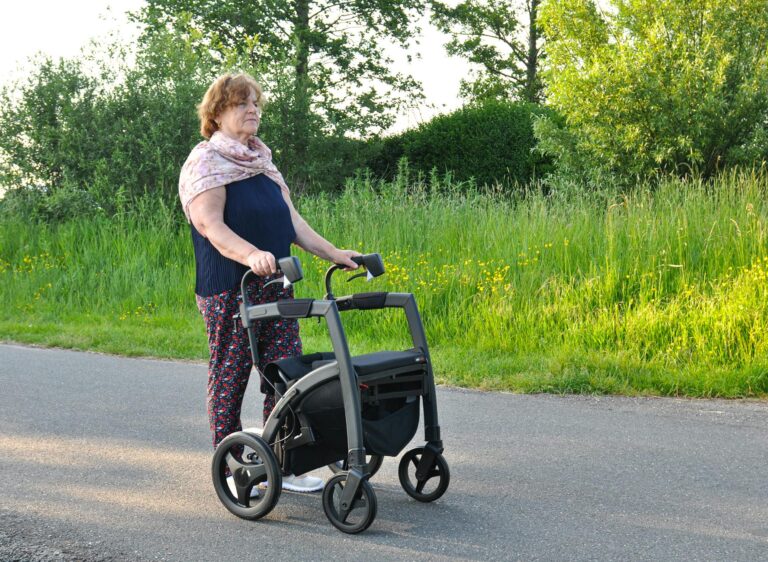While dementia itself is not a fatal condition, it can lead to death indirectly. People with dementia may experience a decline in their physical health, as well as changes in behavior and mood that can make it more difficult for them to take care of themselves. This can increase their risk of accidents, infections, and other health problems that can be life-threatening.

One of the biggest risks associated with dementia is a decline in physical health. People with dementia may experience problems with mobility, coordination, and balance, which can make it more difficult for them to move around and care for themselves. This can increase their risk of falls, which can lead to serious injury, hospitalization, and even death.
Infections are also a major concern for people with dementia. The symptoms of dementia can make it more difficult for individuals to communicate their needs and understand what is happening to them. This can lead to problems such as neglect or abuse, which can increase the risk of infection. People with dementia may also have difficulty remembering to take medications or perform hygiene tasks, which can make them more susceptible to infections.
In addition to the physical risks associated with dementia, individuals with the condition may also experience changes in behavior and mood that can have a profound impact on their well-being. For example, people with dementia may become confused, disoriented, or agitated, which can make it difficult for them to communicate their needs and understand what is happening around them. This can lead to feelings of frustration, anger, or sadness, which can further impact their quality of life.

The risk of death from dementia can be reduced through early diagnosis and treatment, as well as by addressing the underlying causes of the condition. For example, people with dementia may benefit from treatment with medications, as well as from lifestyle changes, such as increasing physical activity, eating a healthy diet, and staying socially connected. It is also important to address the emotional and social needs of people with dementia, as well as the needs of their caregivers, to help reduce the impact of the condition on their well-being.
While dementia itself is not a deadly condition in a vaccum, it can increase the risk of death indirectly by leading to declines in physical health, increases in the risk of infections, and changes in behavior and mood that can have a profound impact on well-being. However, with early diagnosis and treatment, as well as by addressing the underlying causes of the condition, it is possible to reduce the impact of dementia and improve the quality of life for individuals and their families.





